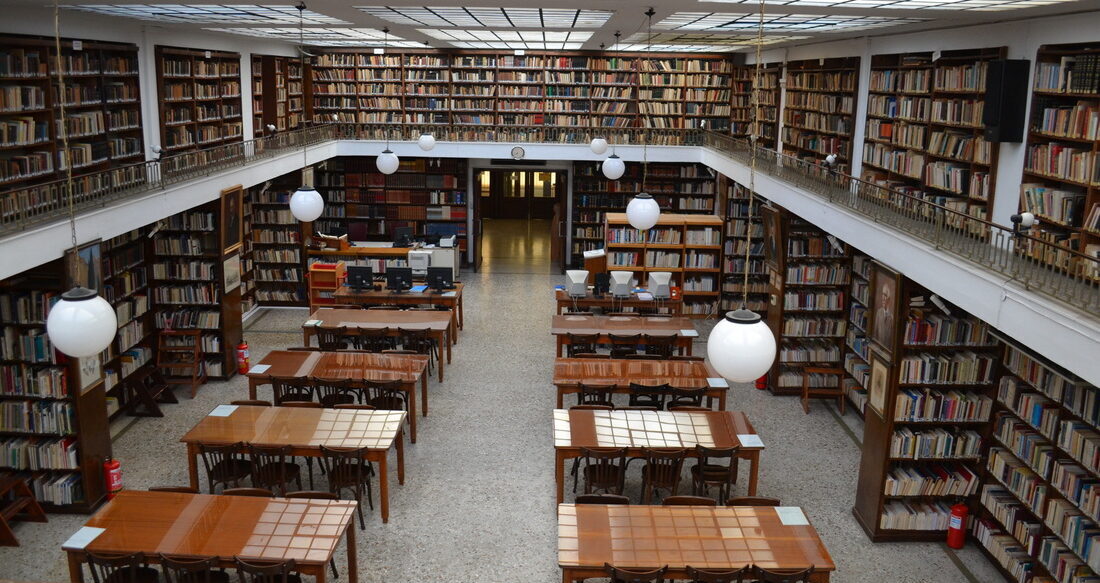
The cultural treasure of the city
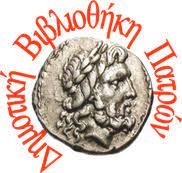
Municipal Library of Patra
Adress: 110 Maizonos Str., Patras
Tel. of Reading Room +30 2610 224813
mail: [email protected]
https://patraslibrary.weebly.com
Municipal Library of Patra
The origins of the Municipal Library of Patras lie in the donation of the library of the “Patra Craft Company” to the Municipality of Patras in 1903.

Δημοτική Βιβλιοθήκη Πατρών – Αναγνωστήριο / Municipal Library of Patras – Reading Room
In 1908, after petitions through the local Press, the Municipal Library of Patras was founded, and the first Supervisory Committee was elected. The Library was housed in the school on the corner of Gounari and Karaiskaki Streets. Two years later, in 1910, the official opening ceremony took place.
The Library closed in 1926, abandoned, and its contents were stored in the basement of the Municipality until 1944, when a group of book lovers transported them to the house of former mayor Ioannis Vlachos and subsequently to the Karamandani Mansion, on 42 Maizonos Street.

Δημοτική Βιβλιοθήκη Πατρών – Αρχιτεκτονικό σχέδιο / Municipal Library of Patra – Floorplan
In 1947 the postwar Municipal Library was inaugurated, with 18,200 books, mostly donated by the public. In 1948, by royal decree, the Library became a legal entity governed by public law. In 1955 the new building was inaugurated, and the books transported there.
Since 2011, the Library is part of a newly founded legal entity governed by public law, under the name “Municipal Library-Cultural Organization of the Municipality of Patras”. It comprises the Central Library (110 Maizonos Street) and the Annex (Eleftheria Square, 26 Fokaias Street). The ground floor houses the Children’s Department and the Municipal Gallery. Visitors can use the reading room, borrow books, access the Internet, use the computers for research purposes, and there are workstations for people with disabilities.
Head of the Library is the librarion Ms. Aikaterini Kourou
Future plans
The Municipal Library of Patras falls under the category of public libraries. Within this framework, its plans include the restoration of the buildings and the upgrading of services and functions, in order to develop into a large central public library that will support the right to self-education and public education, providing access to every resident of the city. Furthermore, it may also become the centre of a network of municipal/public libraries in the neighbouring municipalities and regions.

Δημοτική Βιβλιοθήκη Πατρών – Εκπαιδευτικό πρόγραμμα / Municipal Library of Patra − Educational programme
For the moment, a study for the creation of a modern section for children/teenagers, a department for digital technologies and an exhibition of rare books and documents is underway.
Moreover, funding is being sought for the installation of digital services through the use of radio-frequency identification technology (RFID).
ΕΚΔΟΣΕΙΣ
18th Annual Lecture in Memory of Nikos Poulantzas | Eduardo Cadava – “Teaching History to Read: Fazal Sheikh’s Erasure Trilogy” | December 19, 2025
The Nikos Poulantzas Institute is organizing the 18th annual lecture in memory of Nikos Poulantzas on Friday, December 19, at 7:00 p.m., at the Goethe Institute Amphitheater (14-16 Omirou Street, Athens). The keynote speaker is Eduardo Cadava, professor of American literature and holder of the Philip Mayhew Chair at Princeton University. The lecture takes as its starting point Fazal Sheikh's multi-volume photographic work, Erasure Trilogy (2015). It focuses on the Israeli-Palestinian conflict and the ongoing attempt by the Israeli side to erase both the violence it perpetrates and the acts of erasure themselves. Through his exploration ...More
Awards of Excellence Ceremony for the Year 2025 Faculty of Sciences, Aristotle University of Thessaloniki
The Faculty of Sciences will confer the 2025 Awards of Excellence for Young Researcher, Excellence in Teaching, and Social Contribution at a special ceremony organized by the Dean’s Office of the Faculty. The event will take place on Wednesday, 17 December 2025, at 12:00, in the “Alexandros Papanastasiou” Ceremonial Hall of the Old Building of the Faculty of Philosophy. According to the organizers, the Awards of Excellence aim to recognize the continuous efforts of the members of the Faculty of Sciences toward contribution and excellence, through outstanding achievements that highlight the Faculty’s work both in Greece ...More
Thessaloniki Municipal Art Gallery – Casa Bianca | Giorgos Tsakiris – Painting/Retrospective | December 18, 2025 – February 14, 2026
The exhibition "GIORGOS TSAKIRIS PAINTING / RETROSPECTIVE" opens on Thursday, December 18, at 8:00 p.m. The exhibition, organized by the Municipality of Thessaloniki and the Municipal Art Gallery, presents paintings, engravings, drawings, and constructions by artist and Professor Emeritus of the School of Fine Arts of Aristotle University of Thessaloniki, Giorgos Tsakiris. As art historian and exhibition curator Yannis Bolis notes: "The exhibition is a good opportunity to 'discover' a different Giorgos Tsakiris through paintings and engravings mainly from the 1970s and 1980s, as well as pencil and pen drawings—an important, though unknown to many, part ...More
Hellenic Parliament Foundation | Exhibition “1945: The End of the War” at the Former Public Tobacco Factory | December 2025 – July 2026
The Hellenic Parliament Foundation for Parliamentarism and Democracy, marking the 80th anniversary of the end of World War II, is organizing the exhibition "1945: The End of the War." The inauguration will be performed by the Third Vice-President of the Hellenic Parliament, Mr. Athanasios K. Bouras, as representative of the President of the Hellenic Parliament, on Wednesday, December 17, 2025, at 7:00 p.m. The result of months of research in Greek and foreign archives, public institutions, and private collections, the exhibition "1945: The End of the War" focuses on the key events of this pivotal year, ...More

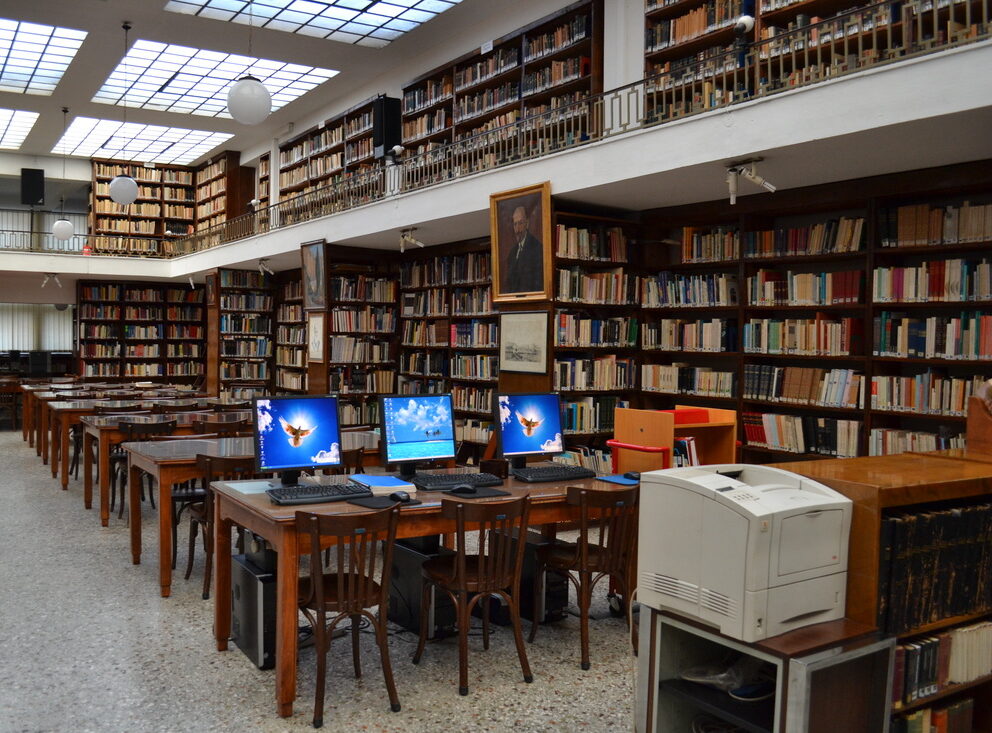


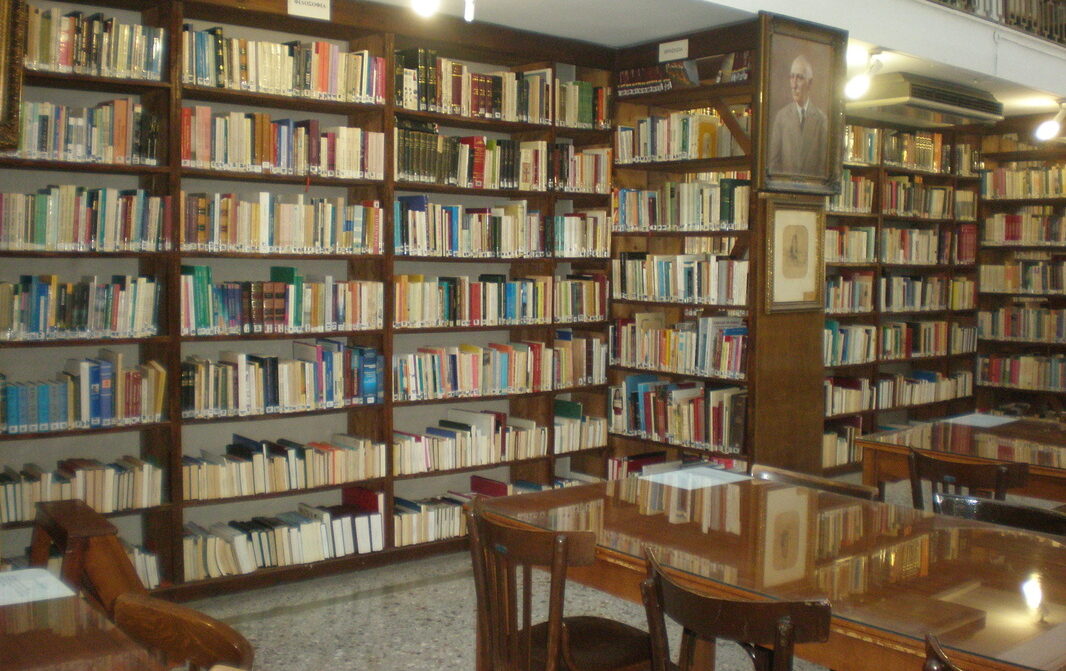
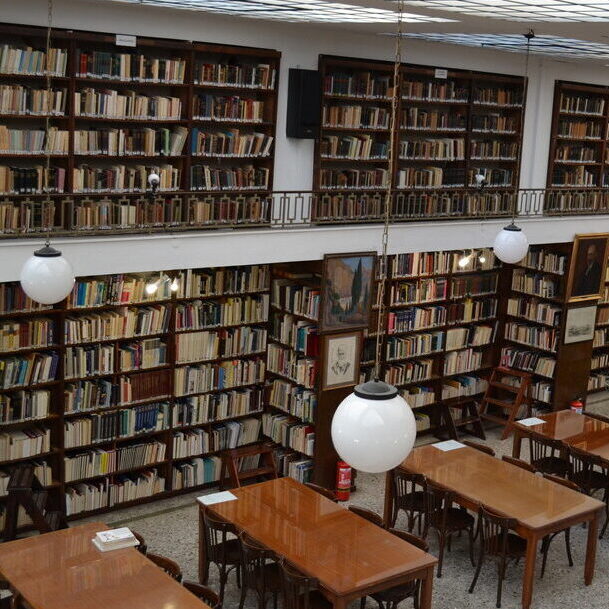


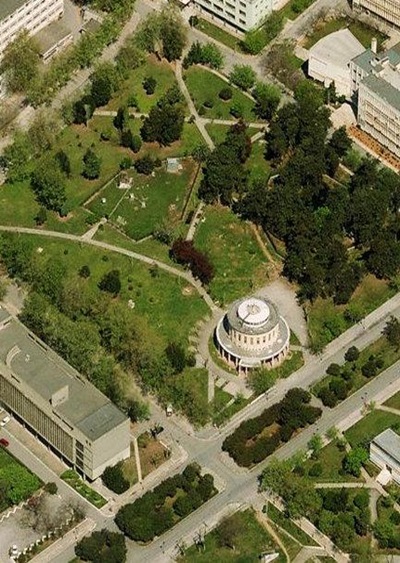

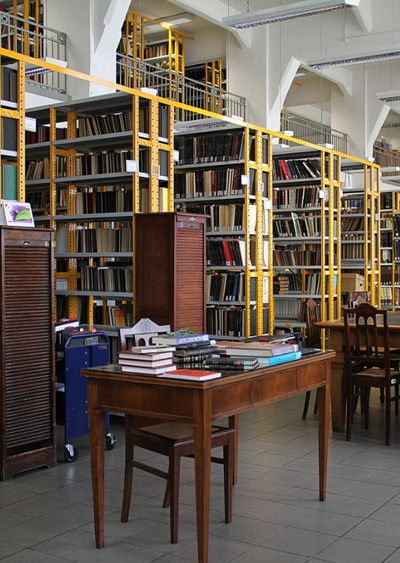
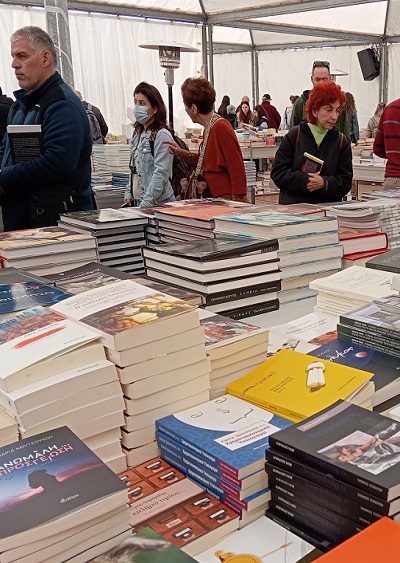
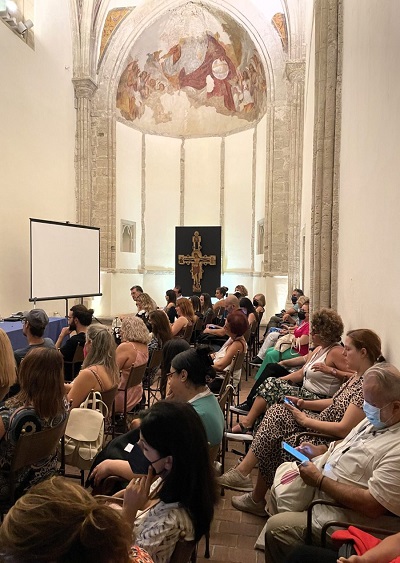




Leave A Comment